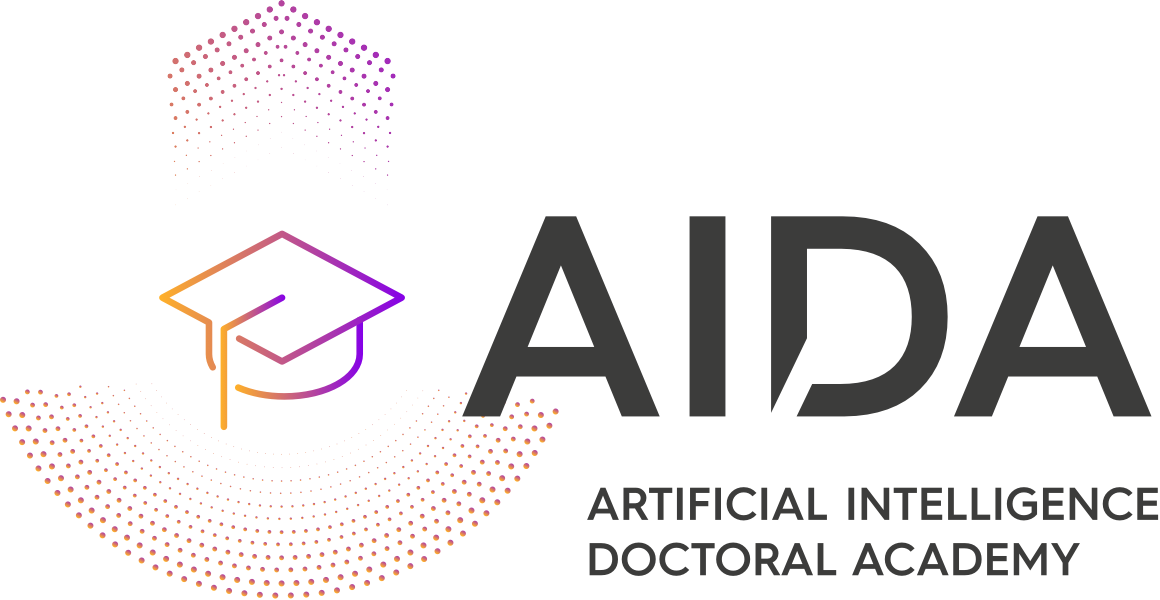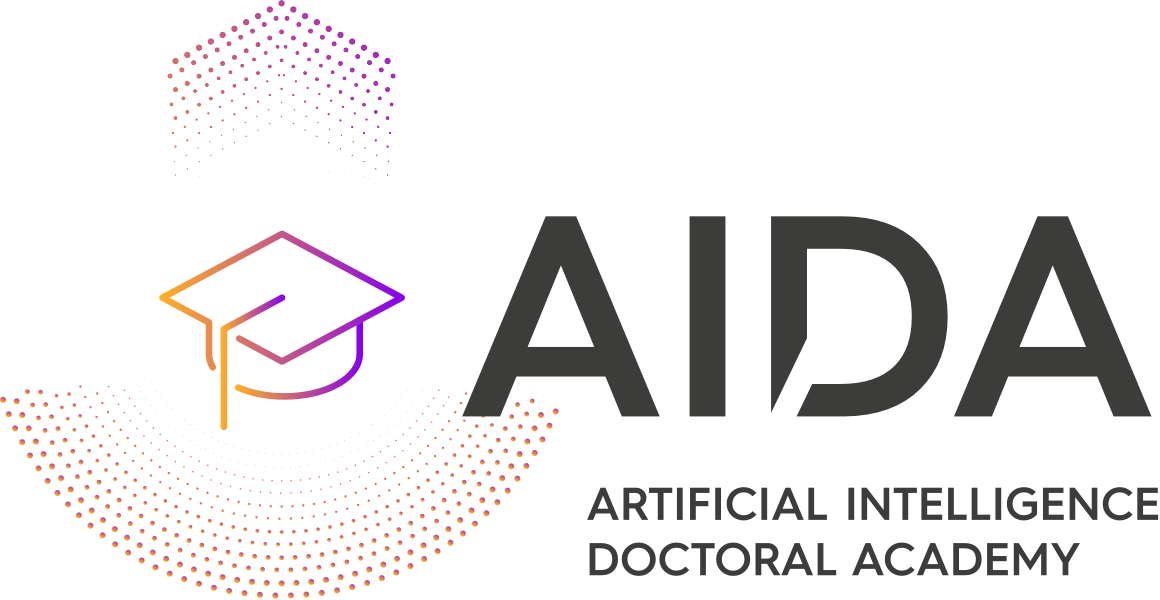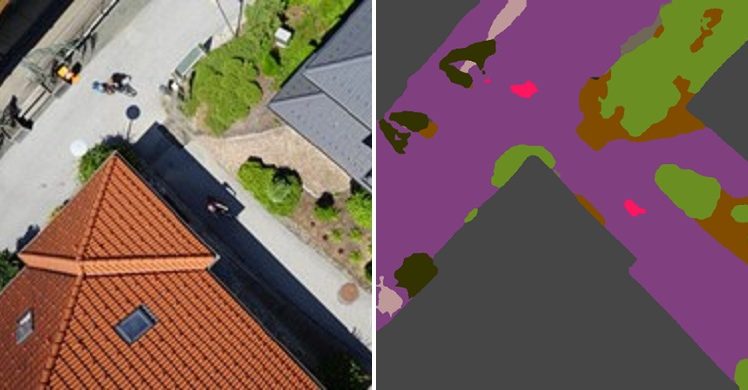Computer Vision
Level
Foundation, Intermediate, Broad, Specialised, Theory, Algorithmic
This topic concerns computer vision for image/video analysis, with its courses ranging from foundational image processing up to specialised deep learning approaches. It covers both theoretical knowledge and its real-world applications (e.g., in autonomous systems perception, medical imaging, etc.).

Learning outcomes
Knowledge

Students should be able to:
- Understand/describe common algorithms for image segmentation, filtering, registration, search and retrieval, compression/storage, 2D shape description and recognition, as well as algorithms for video motion estimation, description, search, indexing, retrieval, streaming and compression.
- Understand/describe the operation of various visual sensors, the image/video digitization process and the most common existing image/video formats.
- Compare between various handcrafted and convolutional feature extraction methods for image/video description / representation.
- Understand/describe common algorithms for visual SLAM, face/person/pedestrian detection, object detection/tracking/pose estimation, semantic/instance segmentation, facial expression recognition and activity recognition.
- Understand/describe the process of image acquisition by visual sensors and the mathematical modelling of image formation.
- Understand/describe common algorithms for camera calibration, stereoscopic 3D vision, depth estimation, surface geometry description and object 3D localization, topology description, landmark extraction and registration.
skills




Students should be able to:
- Analyse and develop (in C/C++, MATLAB or Python) the taught computer vision algorithms, by practically applying their gained knowledge in a systematic manner.
- Evaluate the accuracy of computer vision algorithm implementations on suitable datasets, by employing common and appropriate task-specific metrics.
Application




Students should be able to:
- Work effectively with others in an interdisciplinary and/or international team.
- Design and manage individual projects.
- Clearly and succinctly communicate their ideas to technical audiences.



 Back to List
Back to List




